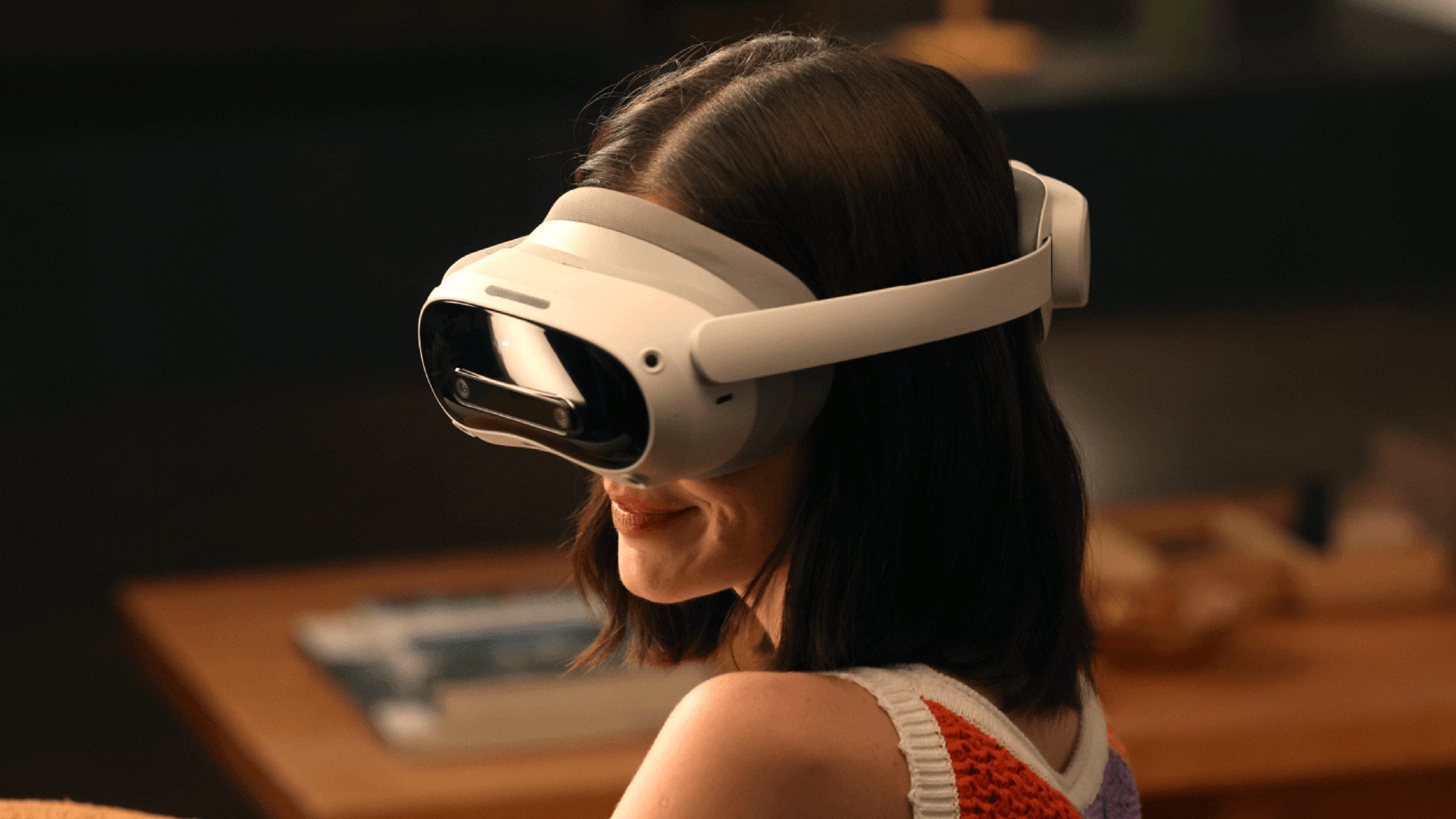Pico is releasing Pico 4 Ultra starting this month, where it’s slated to take on Quest 3 across Europe and Asia—which could be right in time for Meta to unveil the allegedly cheaper Quest 3S.
Pico is releasing pre-orders for Pico 4 Ultra in Europe from September 6th to September 19th, priced at £529 / €599, looking to take on Quest 3 as it hones in on a similar specs sheet and price point.
Like with its predecessor Pico 4, which released in 2022, supported regions across Europe include Germany, France, Italy, Spain, Netherlands, Belgium, Poland, Austria, Switzerland, UK, Norway, Denmark, Sweden and Finland.

If you’re in any of those regions, you’ll be able to pre-order through online retailers Amazon, MediaMarkt, Elkjop, Argos, Very, Currys, Coolblue, XR Shop, Bestware, Digitech, Galaxus and Otto.
General sales will begin on September 20th, which will also include in-store availability at both MediaMarkt and Elkjop.
Here’s a quick look at Pico 4 Ultra’s specs:
- Processor: Snapdragon XR2 Gen 2
- RAM & Storage: 12 GB RAM + 256 GB Storage – LPDDR5 + UFS 3.1
- Wireless Connectivity: Supports Wi-Fi 7 (802.11 a/b/g/n/ac/ax/be), Bluetooth 5.3
- Mixed Reality Sensor: 32 MP color passthrough camera ×2, iToF depth-sensing camera ×1, Environment tracking camera ×4
- Display: 2.56-inch screens at 2,160 × 2,160 pixels (×2), 1200 PPI (pixels per inch)
- Rendering resolution: 1920 × 1920 (×2)
- Refresh rate: 90 Hz
- Optics: Pancake lenses at 105° FOV, 20.6 PPD (pixels per degree)
- IPD Adjustment: 58 mm–72 mm
- Audio: dual stereo speakers, 4 microphones and supports spatial audio recording
- Battery: 5,700 mAh rated capacity, 5,774 mAh typical capacity
- Charging: supports QC 4.0 / PD 3.0, 45W fast charger
To further entice those of you on the fence, pre-order customers will also receive a free set of Pico Motion Trackers as well as four games: Blade & Sorcery Nomad, Infinite Inside, Let’s Get Fit VR, and FootPool.
The Motion Trackers, which combines IMU tracking with 12 infrared sensors for 6DOF tracking, are normally priced at £79 / €89.

The headset is also releasing across Asia, including China, Japan, South Korea, Singapore, Malaysia, and Thailand. However a US launch doesn’t seem to be in the cards for now (or ever), likely due to parent company ByteDance’s legal issues in that country regarding the video streaming platform TikTok.
Meanwhile, Meta is likely getting ready to release its rumored Quest 3S, which could make that price gap even bigger and more difficult to justify, as Quest 3S is reportedly slated to replace Quest 2 as the company’s more affordable headset.
If Meta’s recent FCC certification is anything to go by, it’s likely we’ll learn more at Meta Connect 2024, which takes place precisely one week after Pico stops pre-orders and opens up general availability of Pico 4 Ultra.







